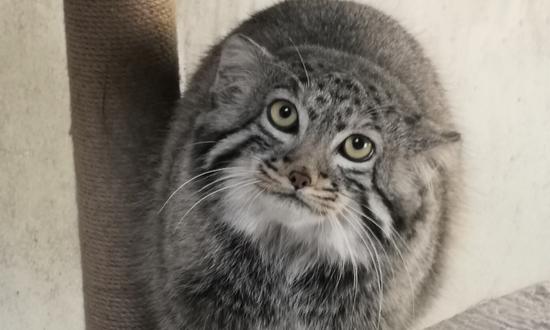
Sun Daniang, Pallads' cat (Photo/Courtesy of Xining Zoo)
A female, artificially-bred Pallas' cat named Sun Daniang in Northwest China's Qinghai Province, turned 14 month on Thursday, becoming the first successful case of Pallas' cats artificial breeding in China.
Sun Daniang was bred by the Qinghai-Tibet Plateau Wildlife Zoo (Xining Zoo), which is the only zoo in China that possesses and displays Pallas' cats.
Currently, Sun Daniang weights 3.4 kilograms and is in good health. She is fed with fresh mutton or pork every day.
In the future, this kitten will also join the zoo's breeding program, and will be a part of biodiversity protection education work, Qi Xinzhang, head of the Xining Zoo, told the Global Times.
Sun Daniang is the only kitten to have survived from a litter of three born on May 7, 2021. Three months later, her two siblings succumbed to a cat plague.
Artificially breading Pallas' cats has been a problem around the world. As an ancient felid with a 6.5-million-year history, the Pallas' cat has an imperfect autoimmune system. Toxoplasmosis, which is not very harmful to other felids, has a very high fatality rate among young Pallas' cats, Qi said.
Pallas' cats, or Otocolobus manul, are a protected species that lives in the high-plateau region.
Xining Zoo's Pallas' cats are internet celebrities in China. Hashtag related to them have garnered more than 130 million views on Chinese Twitter-like Sina Weibo.
Aside from Sun Daniang, four other Pallas' cats, including Sun Daniang's parents, Sun Simiao and Sun Shangxiang, were all rescued from the wild as kittens.
Sun Simiao, the only male, was named after a famous Chinese ancient physician. However, he was named Simiao, which means "four seconds" in Chinese, because when he was first observed while in the process of mating, it lasted only four seconds, according to Qi.












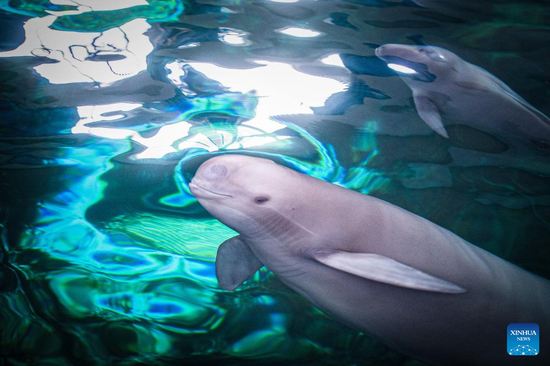



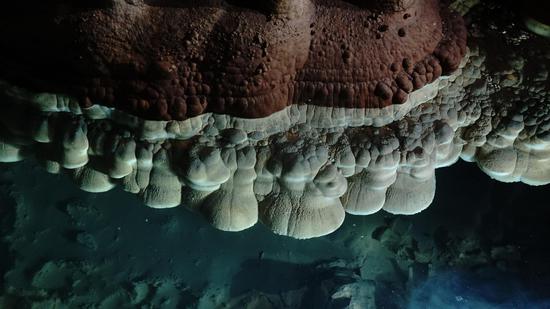
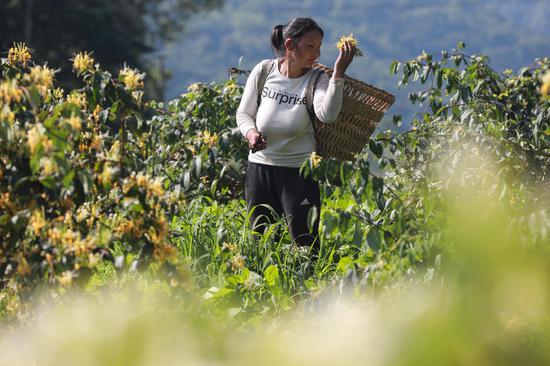
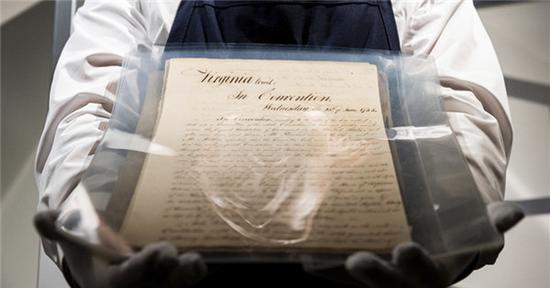








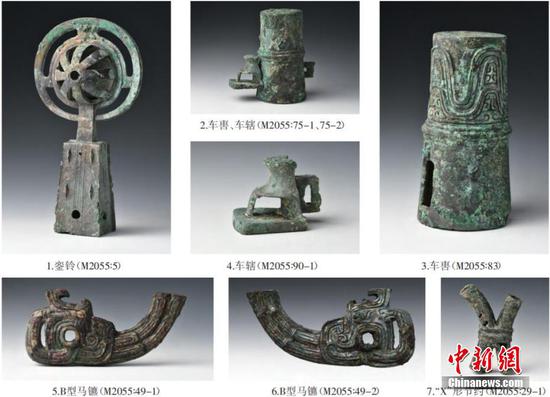

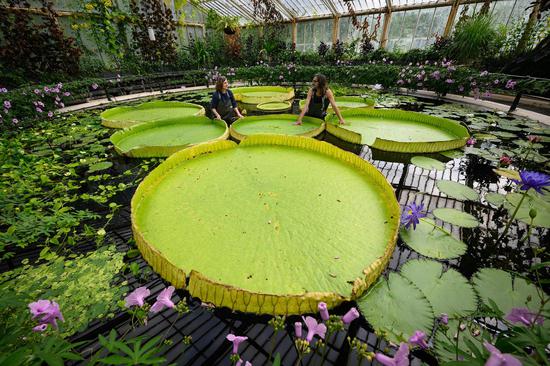






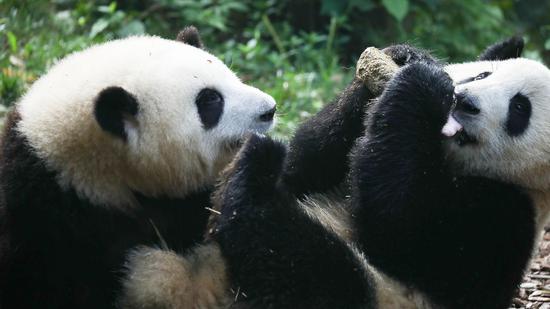
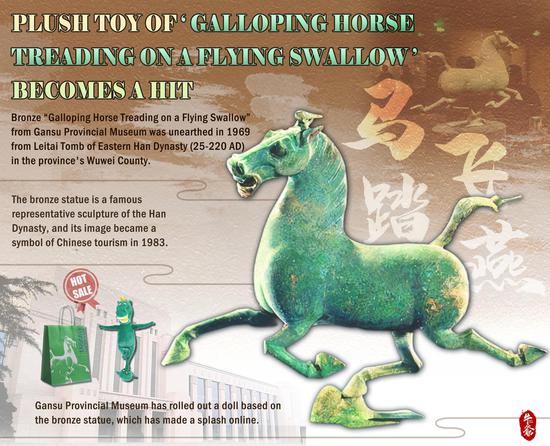
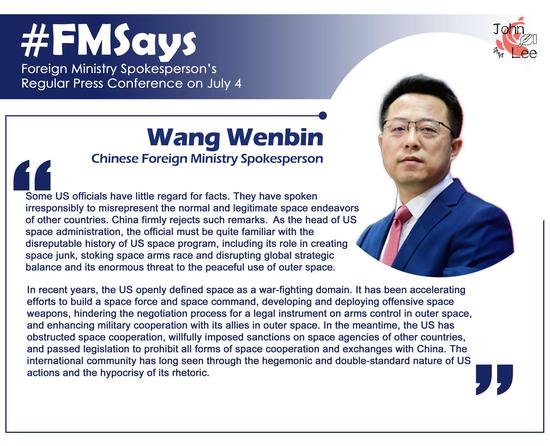

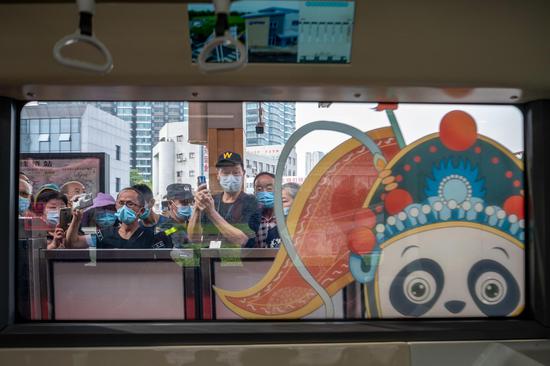


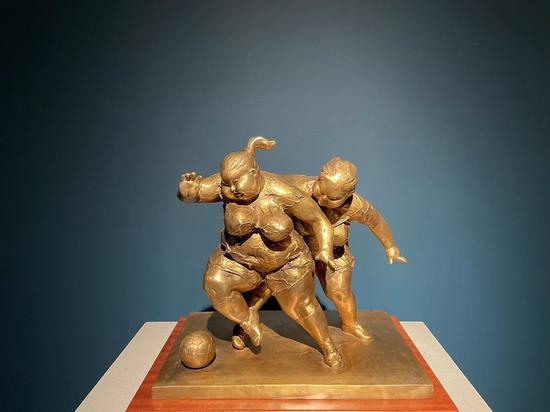
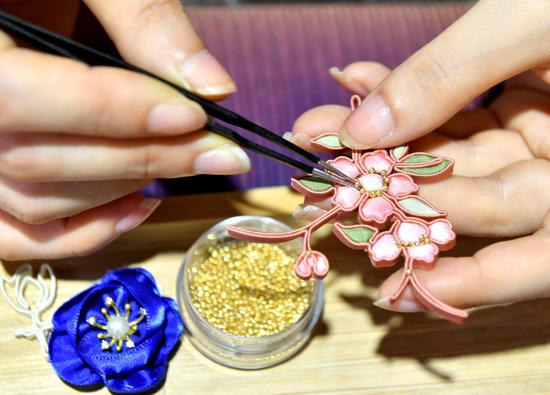





 京公网安备 11010202009201号
京公网安备 11010202009201号